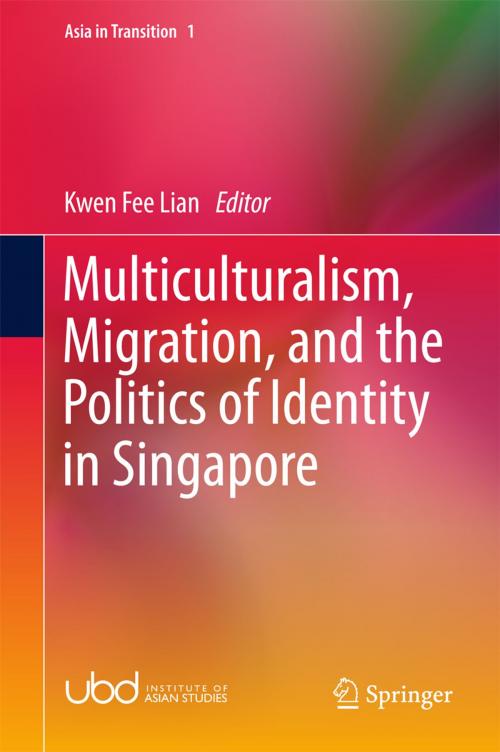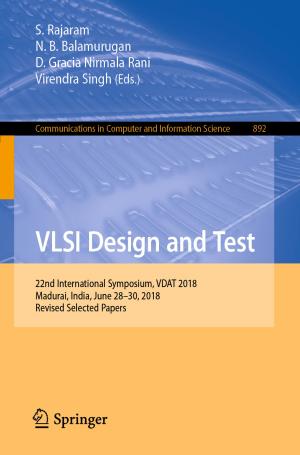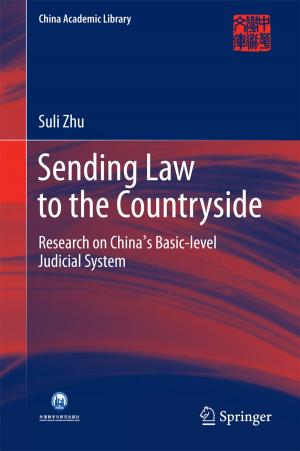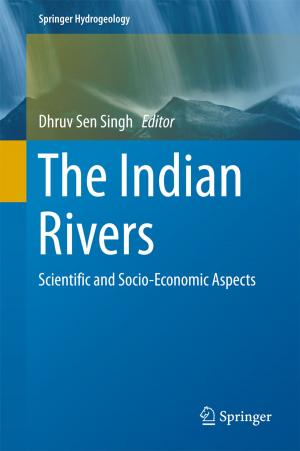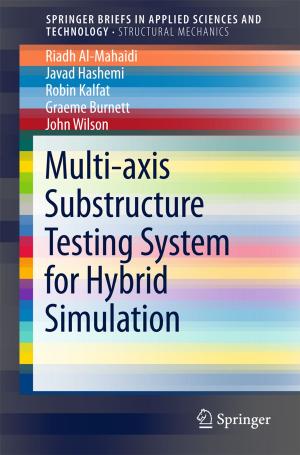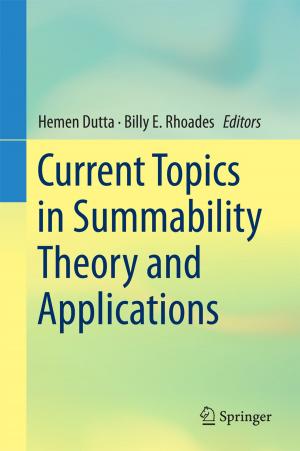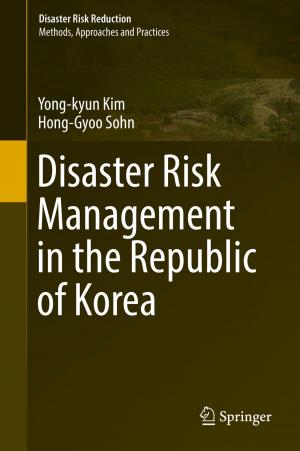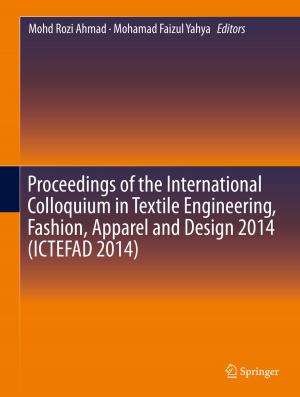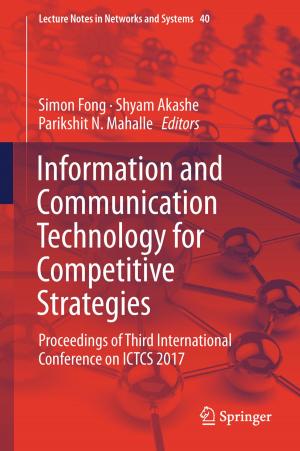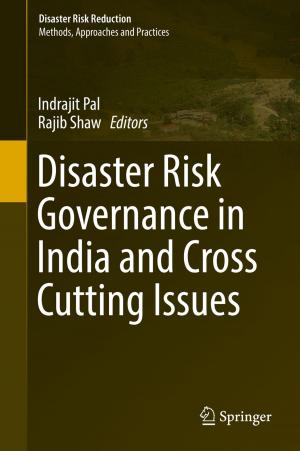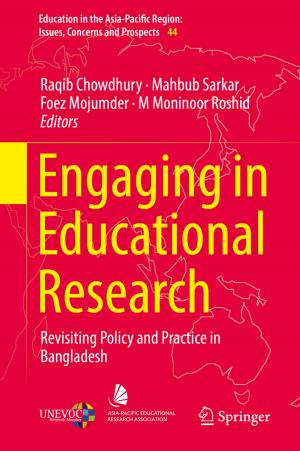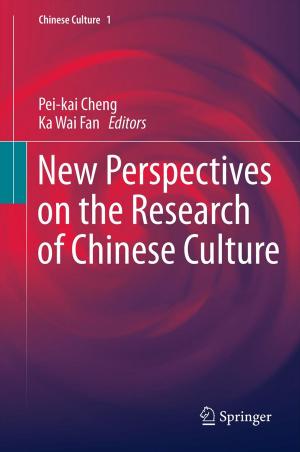Multiculturalism, Migration, and the Politics of Identity in Singapore
Nonfiction, Reference & Language, Law, Administrative Law & Regulatory Practice, Social & Cultural Studies, Social Science, Cultural Studies, Emigration & Immigration| Author: | ISBN: | 9789812876768 | |
| Publisher: | Springer Singapore | Publication: | October 28, 2015 |
| Imprint: | Springer | Language: | English |
| Author: | |
| ISBN: | 9789812876768 |
| Publisher: | Springer Singapore |
| Publication: | October 28, 2015 |
| Imprint: | Springer |
| Language: | English |
This edited volume focuses on how multiculturalism, as statecraft, has had both intended and unintended consequences on Singapore’s various ethnic communities. The contributing authors address and update contemporary issues and developments in the practice of multiculturalism in Singapore by interfacing the practice of multiculturalism over two critical periods, the colonial and the global. The coverage of the first period examines the colonial origins and conception of multiculturalism and the post-colonial application of multiculturalism as a project of the nation and its consequences for the Tamil Muslim, Ceylon-Tamil, and Malay communities. The content on the second period addresses immigration in the context of globalization with the arrival of new immigrants from South and East Asia, who pose a challenge to the concept and practice of multiculturalism in Singapore. For both periods, the contributors examine how the old migrants have attempted to come to terms with living in a multicultural society that has been constructed in the image of the state, and how the new migrants will reshape that society in the course of their ongoing politics of identity.
This edited volume focuses on how multiculturalism, as statecraft, has had both intended and unintended consequences on Singapore’s various ethnic communities. The contributing authors address and update contemporary issues and developments in the practice of multiculturalism in Singapore by interfacing the practice of multiculturalism over two critical periods, the colonial and the global. The coverage of the first period examines the colonial origins and conception of multiculturalism and the post-colonial application of multiculturalism as a project of the nation and its consequences for the Tamil Muslim, Ceylon-Tamil, and Malay communities. The content on the second period addresses immigration in the context of globalization with the arrival of new immigrants from South and East Asia, who pose a challenge to the concept and practice of multiculturalism in Singapore. For both periods, the contributors examine how the old migrants have attempted to come to terms with living in a multicultural society that has been constructed in the image of the state, and how the new migrants will reshape that society in the course of their ongoing politics of identity.
